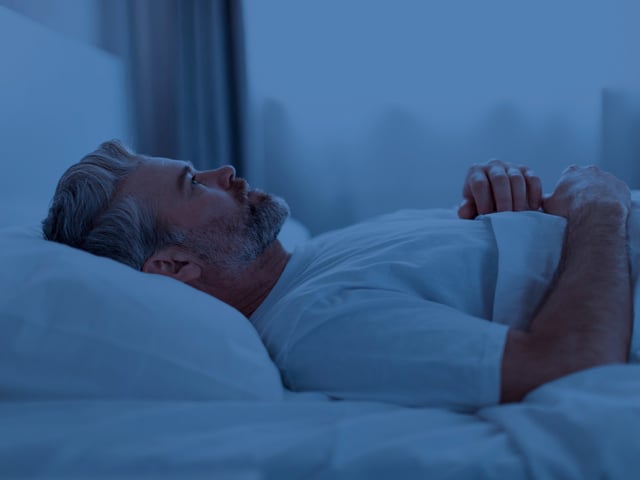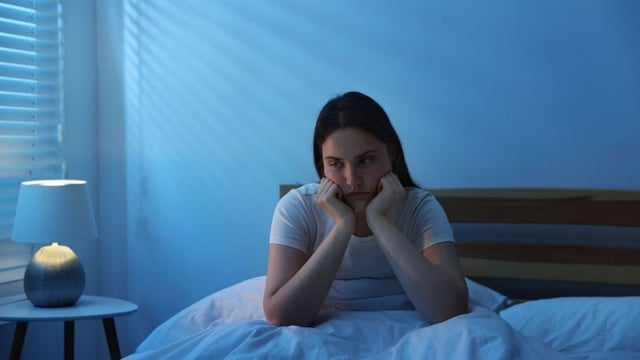Overview
- Dr. Sara Marín identifies sleep-position cues of nocturnal stress—such as fetal curling, clenched fists or jaw tension and constant posture changes—to signal elevated cortisol levels at night.
- Marín’s practical recommendations include adding magnesium at dinner, maintaining bedroom temperatures between 18 °C and 20 °C to support melatonin production and using adaptogens to help regulate cortisol.
- AI-generated explanations attribute fragmented sleep to anxiety and depression by pointing to intrusive thoughts that keep the body in a constant state of alert and highlight habits like heavy late meals and evening screen use.
- Johns Hopkins Medicine warns people with insomnia face up to ten times greater risk of depression and large-scale UK Biobank analysis links poor sleep to as many as 172 different diseases.
- Specialists and organizations including Clínica Mayo and the Sleep Foundation reiterate that persistent midnight awakenings warrant medical assessment to rule out sleep apnea, reflux or psychiatric disorders and that cognitive-behavioral therapy remains the first-line treatment.


